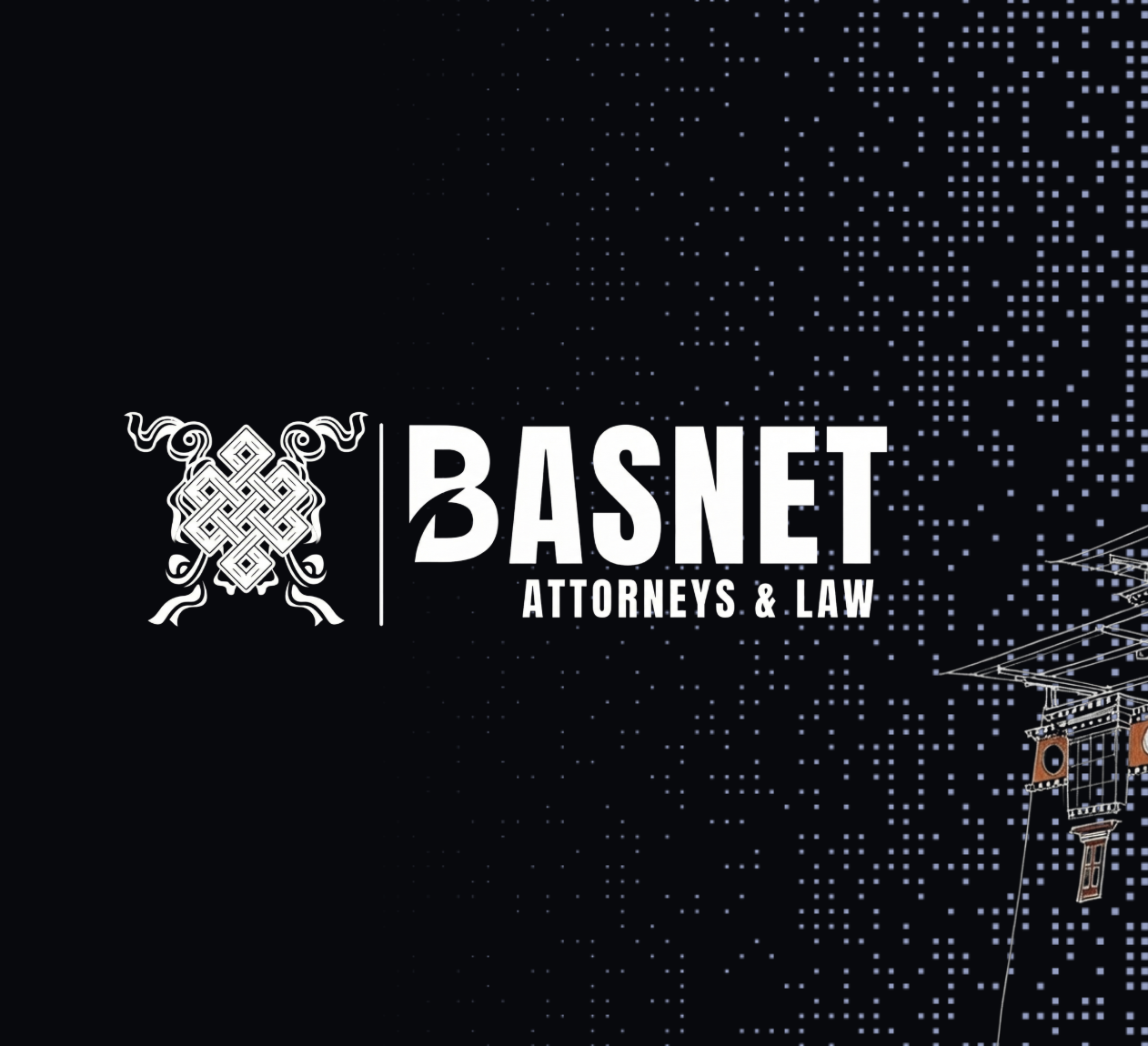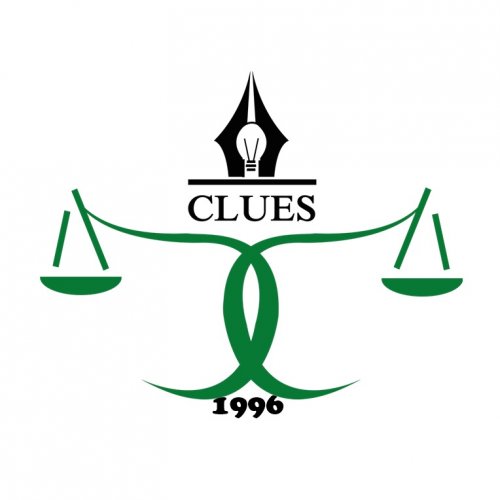Best Sanctions & Export Controls Lawyers in Bhutan
Share your needs with us, get contacted by law firms.
Free. Takes 2 min.
Or refine your search by selecting a city:
List of the best lawyers in Bhutan

Basnet Attorneys and Law - A Premier law Firm in Bhutan
15 minutes Free ConsultationAbout Sanctions & Export Controls Law in Bhutan
Sanctions and export controls refer to a set of laws and regulations that govern the transfer, sale, or export of goods, technology, and services to other countries and entities. These controls are put in place to protect national security, support foreign policy goals, and ensure that trade does not contribute to the proliferation of weapons, terrorism, or other harmful activities. In Bhutan, sanctions and export controls are primarily managed by the Royal Government, aligning both with domestic policy objectives and Bhutan's obligations under international treaties and agreements.
Why You May Need a Lawyer
Legal issues related to sanctions and export controls can be complex, involving multiple government agencies, intricate regulations, and severe penalties for non-compliance. Some common situations where consulting a lawyer can be helpful include:
- Unsure if your product or service is subject to export control restrictions
- Facing investigations or enforcement actions for alleged violations
- Negotiating contracts with foreign entities
- Seeking licenses for exporting restricted items
- Complying with United Nations or other international sanctions affecting Bhutan
- Reviewing business transactions to ensure compliance with Bhutanese and international laws
A qualified lawyer with experience in sanctions and export controls can provide guidance on compliance, assist with licensing and documentation, and represent you in interactions with government authorities.
Local Laws Overview
Bhutan's approach to sanctions and export controls utilizes a combination of national legislation and adherence to international commitments. Key aspects include:
- Import and Export Act of Bhutan 2017: Governs the general framework for imports and exports, setting out procedures for licensing, restrictions, and penalties.
- Foreign Exchange Rules and Regulations: Provides regulations on financial transfers which can impact trade with sanctioned countries or entities.
- Customs Policies: Detail the management of goods entering or leaving the country, including items subject to dual-use or sensitive technologies.
- International Sanctions: Bhutan complies with United Nations Security Council resolutions, which may impose trade or financial restrictions on certain countries or groups.
- Environmental and Endangered Species Laws: Control the export and import of specific goods like flora, fauna, or cultural heritage items.
It is important to note that violating sanctions or export controls can lead to confiscation of goods, monetary fines, and other legal consequences.
Frequently Asked Questions
What are export controls?
Export controls are regulations that restrict or license the transfer of certain goods, technology, or services across Bhutan's borders, especially those related to national security or international obligations.
Does Bhutan impose any sanctions on its own?
While Bhutan does not typically impose its own unilateral sanctions, it enforces sanctions mandated by international bodies such as the United Nations.
Is there a list of restricted or controlled items for export from Bhutan?
Yes, Bhutan maintains lists of goods subject to export controls, often published by the Ministry of Economic Affairs and Customs authorities. These lists include dual-use items and culturally significant goods.
Do I need a license to export goods from Bhutan?
Certain goods require an export license, especially those on the restricted items list or subject to international agreements. Always check with the Department of Trade or Customs before proceeding.
What are the penalties for violating export controls in Bhutan?
Penalties can range from confiscation of goods and monetary fines to criminal prosecution, depending on the severity of the violation and whether it was intentional.
Can an individual face legal action for unknowingly violating sanctions or export controls?
Yes, under some circumstances, ignorance of the law does not exempt one from liability. However, intent and knowledge may influence the severity of penalties.
Do sanctions apply to both goods and financial transactions?
Yes, sanctions can cover trade in goods, services, financial transactions, and technological transfers, depending on the specific regulations in force.
How does Bhutan implement international sanctions?
Bhutan enacts necessary measures through government notifications, guidance, and updates to laws and regulations, especially in the case of United Nations Security Council decisions.
Are there exemptions from export controls for humanitarian goods?
Bhutan may allow exemptions for certain humanitarian or non-commercial goods, but this typically requires applying for a license or special approval.
What should I do if my goods are detained or seized at the border?
Seek legal advice immediately and contact the relevant customs authority. Understanding the reason for detention, providing required documentation, and compliance with procedures are crucial steps.
Additional Resources
For those seeking further information or assistance on sanctions and export controls in Bhutan, consider reaching out to:
- Ministry of Economic Affairs - Department of Trade
- Bhutan Customs and Excise Division
- Royal Monetary Authority of Bhutan (for financial regulations)
- Bhutan Chamber of Commerce & Industry
- Department of Law and Order (for legal guidance)
- Legal professionals specialized in international trade and compliance
- United Nations and World Trade Organization materials relevant to Bhutan
Next Steps
If you need legal assistance regarding sanctions and export controls in Bhutan, take the following steps:
- Gather all documents related to your exports, imports, or transactions
- Identify the specific goods or transactions that raise concerns
- Contact a lawyer or legal consultancy specializing in trade compliance and export controls
- Consult with relevant government agencies such as the Ministry of Economic Affairs or Customs for official guidance
- Stay updated on changes to laws or international obligations affecting Bhutan
By seeking timely legal advice and taking proactive steps, individuals and businesses can ensure compliance, avoid penalties, and maintain smooth trade operations within the framework of Bhutanese and international law.
Lawzana helps you find the best lawyers and law firms in Bhutan through a curated and pre-screened list of qualified legal professionals. Our platform offers rankings and detailed profiles of attorneys and law firms, allowing you to compare based on practice areas, including Sanctions & Export Controls, experience, and client feedback.
Each profile includes a description of the firm's areas of practice, client reviews, team members and partners, year of establishment, spoken languages, office locations, contact information, social media presence, and any published articles or resources. Most firms on our platform speak English and are experienced in both local and international legal matters.
Get a quote from top-rated law firms in Bhutan — quickly, securely, and without unnecessary hassle.
Disclaimer:
The information provided on this page is for general informational purposes only and does not constitute legal advice. While we strive to ensure the accuracy and relevance of the content, legal information may change over time, and interpretations of the law can vary. You should always consult with a qualified legal professional for advice specific to your situation.
We disclaim all liability for actions taken or not taken based on the content of this page. If you believe any information is incorrect or outdated, please contact us, and we will review and update it where appropriate.
Browse sanctions & export controls law firms by city in Bhutan
Refine your search by selecting a city.










